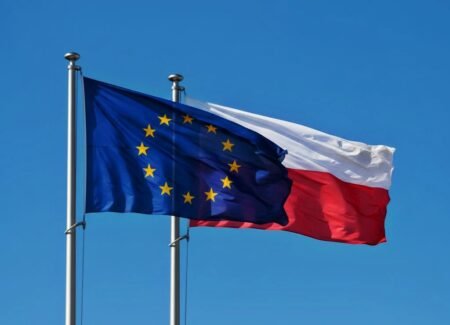The European Commission has put forward a new proposal which would allow EU Member States to completely abolish financial reporting obligations for the EU’s smallest companies. In a deteriorating economic climate, the new rules are designed to alleviate the regulatory burden on micro entities. The aggregate administrative burden reduction potential is estimated at around EUR 6.3 billion. The proposal, which was flagged in the European Economic Recovery Plan in November 2008, now passes to the European Parliament and the Council of Ministers for consideration.
Advertisement
Micro entities are the smallest companies. For this proposal they have to meet two of the three following criteria:
- A balance sheet total of not more than EUR 500.000;
- A net turnover of not more than EUR 1.000.000;
- Not more than ten as average number of employees during the financial year.
It means that the Member States have the possibility to decide whether they keep on following the current requirements of the Accounting Directives or exempt micro entities from them. In this case, they can design other suitable reporting requirements that are more adapted to the needs of micro entities, at the national level. This will give the possibility, for example, to integrate various reporting requirements (e.g. tax, statistics) into one.
The Commission believes that most Member States will see this as an attractive measure to reduce the burden on the smallest companies in their jurisdictions. By aligning the micro entities’ financial reporting requirements with other reporting requirements (such as tax for example) they can create a one-stop-shop and substantially reduce the reporting burden.
The proposal aims at significantly reducing the administrative burden on micro companies and will enable them to further unlock their potential for more growth and jobs. This is important, especially now in times of economic downturn. In the maximum scenario the potential saving is estimated at around EUR 6.3 billion (with a range from EUR 5.9 billion to 6.9 billion).
The financial reporting needs of micro entities are rather basic and the statutory accounts are not the only source of information for their stakeholders. The basic elements of book-keeping and financial reporting of micro entities, with generally straightforward transactions and reporting will remain the same regardless of the legal framework. Furthermore, only a small number of micro entities are involved in cross-border activities. The situation would not be different from many unlimited liability companies, who have never been subject to requirements of the Accounting Directives.
Proper bookkeeping is essential for the management of any company. Member States have bookkeeping requirements for companies and these will continue to be in place. The Commission proposal will enable Member States to align their accounting requirements to the needs of the users of micro companies’ accounts, mainly creditors and tax authorities.
An exemption from the Directives’ requirements will result in cost savings for the micro entities including their external accounting and audit costs. This is likely to affect the revenues of accounting firms. However, there will be an opportunity to direct these costs towards other type of activities offered by accountants and auditors. Basic bookkeeping requirements remain untouched; some national statutory accounting rules will still be present as well as tax accounting and voluntary audit for external stakeholders, all of which will require assistance of professional accountants.
Banks are the main providers of finance to micro entities. However, the statutory accounts prepared under requirements of the Accounting Directives are often not sufficient for their information purposes. Banks usually rely on direct contacts with their clients and obtain necessary financial data directly from the owner or from the accountant of the company. Even if banks utilise public records where they are available, lack of such records generally does not prevent them from obtaining the necessary information.
The reporting needs of micro companies are fundamentally different from those of larger companies. Although the Directives contain exemptions for small and medium-sized companies from certain obligations, overall, these are often still subject to the same rules as larger companies. Complexity and wide scope of the Accounting Directives’ requirements have led to extensive costs which divert resources from the core business activities of small companies. Consequently, the economic burden on the smallest enterprises is disproportional as compared to the larger enterprises.







